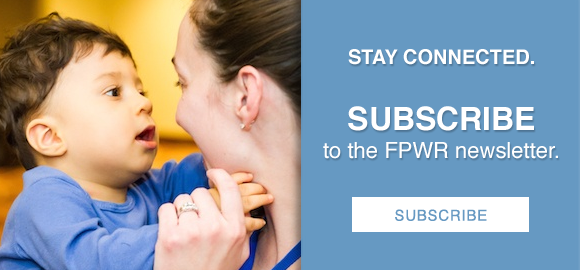The FPWR Genome Study, full title “Whole Genome and RNA Sequencing Analysis in Prader-Willi Syndrome," is an ongoing whole genome sequencing study among 50 individuals with PWS. The goal of the study is to determine if genetic variants outside the PWS region of chromosome 15 affect the severity and range of clinical symptoms in PWS. Participants in this study were able to receive certain genetic information, including secondary findings and pharmacogenomic results.

Pharmacogenomic testing identifies genetic variants that impact the way a person metabolizes medications. As an extension of this project, a genetic counseling student from the University of Alabama at Birmingham designed a survey to understand caregiver interest in receiving pharmacogenomic (or PGx) results and how they plan to use the PGx findings. A new paper reporting the survey results has recently been published in the journal Pharmacogenomics: “Pharmacogenomics for Prader-Willi syndrome: caregiver interest and planned utilization.”
In total, caregivers for 47 participants in the FPWR Genome Study completed the survey, which assessed caregiver perceptions prior to receiving their PGx report. The majority of caregivers (94%) were very interested in receiving a PGx report for their child as part of the study. This is not surprising, since all but one participant was taking prescription medication and/or supplements, and most (~80%) were taking four or more medications on a regular basis.
The top reason for the caregiver’s decision to receive the PGx report was to determine which drugs or dosage would be best in the future for their child (if new drugs were needed). For these caregivers, the most important outcomes from PGx testing would be increasing the effectiveness of drugs their child takes or may take (48% of respondents) and decreasing trial and error in prescribing drugs (31%). These outcomes are relevant to this population, as most of the caregivers (80%) believed that their child’s behavioral drugs were only somewhat effective or not effective at all. Therefore, the PGx findings could be very helpful in determining which behavioral drugs could work better for their children with PWS.
Almost all of the caregivers (98%) planned to discuss their child’s PGx results with one of their healthcare providers, with the top 3 planned providers being their child’s endocrinologist, primary care physician/pediatrician, and psychiatrist. Interestingly, most of the caregivers (83%) reported they would feel very comfortable using their child’s PGx report to discuss changing the dose or the type of medication with a healthcare provider, but less than half (47%) felt confident that their child’s health care provider would use the results of the PGx report when prescribing drugs for their child. This suggests it may be helpful to understand if additional information on the use of PGx findings would increase health care provider utilization of PGx results, ultimately benefiting patients.
This extension of the original whole genome sequencing study was built on a strong collaboration between the genetic counseling department at UAB and FPWR and brings up some novel and interesting findings regarding how these PGx results will be used by this study’s participants and their health care providers. Two additional surveys were given to the caregivers in this study, one month and six months after receiving their PGx results, so stay tuned for additional findings on how PGx results are used for individuals with PWS!








